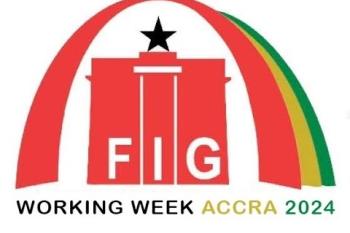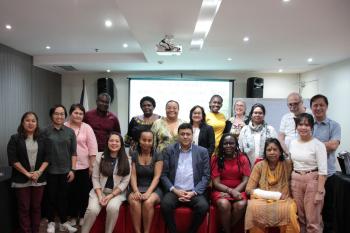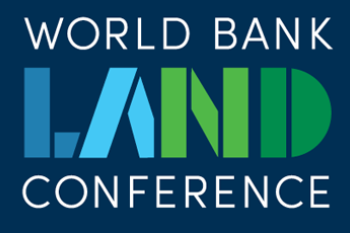Securing Land Tenure for Improved Food Security in select areas in Uganda
Land in Uganda plays a critical role in supporting individual and national development. In rural areas, people mainly depend on land in terms of agriculture for food and income. Although Uganda's constitution outlines four land tenure systems - customary, freehold, mailo and leasehold - most rural people have rights to their rural land through customary tenure arrangements, representing 75-80 per cent of land holdings. However, only 15-20 per cent of the land is formally registered. Most often, women especially widows experience land grabbing, arbitrary eviction and poor access to justice, if any.
This scenario has attracted global land actors to work with national governments and community-based stakeholders to improve customary land administration and governance systems. UN-Habitat/GLTN in partnership with International Institute of Rural Reconstruction (IIRR) with support from the Embassy of the Kingdom of Netherlands in Uganda is working to improve land tenure security of vulnerable smallholder farmers in Uganda in South Western and Elgon regions through the implementation of the 'Securing Land Tenure for Improved Food Security in select areas in Uganda' project.


